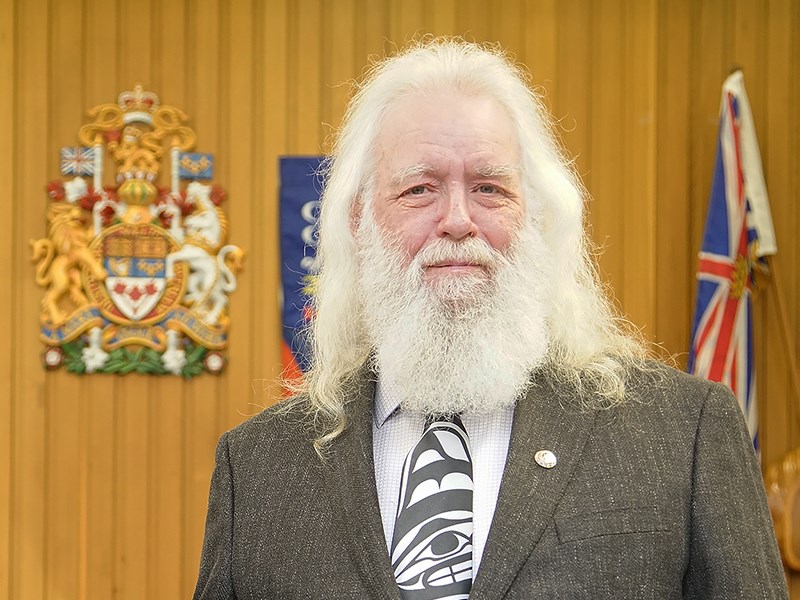qathet Regional District (qRD) continues to receive letters of concern about the prospect of a composting plant in Townsite.
At the March 11 committee of the whole meeting, directors reviewed letters from residents Gary and Loretta O’Brien, and Townsite Heritage Society president Diana Collicutt, about situating an organics processing facility in Townsite.
Tla’amin Nation has received federal and provincial funding for a composting plant, which it plans to situate on Tla’amin-owned lands near the Catalyst Powell River mill. qRD also has a request for proposals (RFP) for an organics facility to serve the region, which it is in the process of reviewing.
City director George Doubt said all of the correspondence he has been receiving through City of Powell River and the regional district has resulted in him doing some studying and research on composting and organics, to try and inform himself more about the entire question.
“I came across a couple of interesting documents that other people on the board might want to look at,” said Doubt. “One was a recent study by the Alberni Valley Regional District about composting and they were looking at all of the various possibilities of composting programs and processes. They looked at the cost, and because of their unique place, they were looking at transporting; whether they should have two composting facilities, or transport compost inputs from the west coast to the Alberni Valley and have one composting facility that covered both.
“They looked at the greenhouse gases that would be created by the trucking if they had one outfit, compared to two, and the greenhouse gases compared to doing it in the regional district and moving the compostable material out of the regional district. Looking at the greenhouse gases and the environment was interesting. They also considered the tourism and the reputational risk of having trucks of compostable material going down the highway, which is something that people mentioned in letters.”
Doubt said the Alberni regional district looked at all of the options and did a good study of seven different types of composting and different styles, and which ones were better at controlling odours and leachates. Doubt said it was worth a read.
The other thing he discovered is that the Capital Regional District (CRD) has a bylaw, which is a requirement for licensing of composting facilities. Doubt said the required information to apply for a licence in the CRD for composting requires answers about the types and quantities of organic matter to be composted, an odour management plan, a leachate management plan, and a litter and dust management plan.
Doubt said one of the things CRD has in its requirements is an agreement by the municipality or electoral area where a composting facility is going to be; the CRD gets that municipality or electoral area’s approval before siting a composting plant.
“It’s important to take all of those things into account,” said Doubt. “I’m sure we will be taking every directors’ information into account when we get our request for proposal information back.”
Doubt asked when the requests for proposals were expected.
Chief administrative officer Al Radke said the evaluation team had met and directors could be expecting some kind of report in April.
Director asks for jurisdiction clarification
Electoral Area B director Mark Gisborne said regarding the location of the Tla’amin facility referred to in the correspondence, which is in Townsite, he asked if that land was within municipal boundaries or was that land part of Tla’amin’s jurisdiction.
Radke said it is the regional district’s understanding that Tla’amin believes it is siting a potential composting facility on Tla’amin lands.
Electoral Area E director Andrew Fall said the regional district is receiving a lot of correspondence on this topic and it mostly seems to be raising concerns.
“There’s a bit of a difference between the concerns raised and the process,” said Fall. “Anything our organization can do to help the public understand the process and to know we are going to take these into consideration is important. We should take all of these concerns raised into consideration when the request for proposals comes forward.
I can understand, from the perspective of the public, they hear about RPFs going out and it looks like it’s on a track that they are not happy with. Anything we can do to help the public engage with the process and understand how it works, then we can use that information when the time comes.”
The committee voted to receive both pieces of correspondence.



